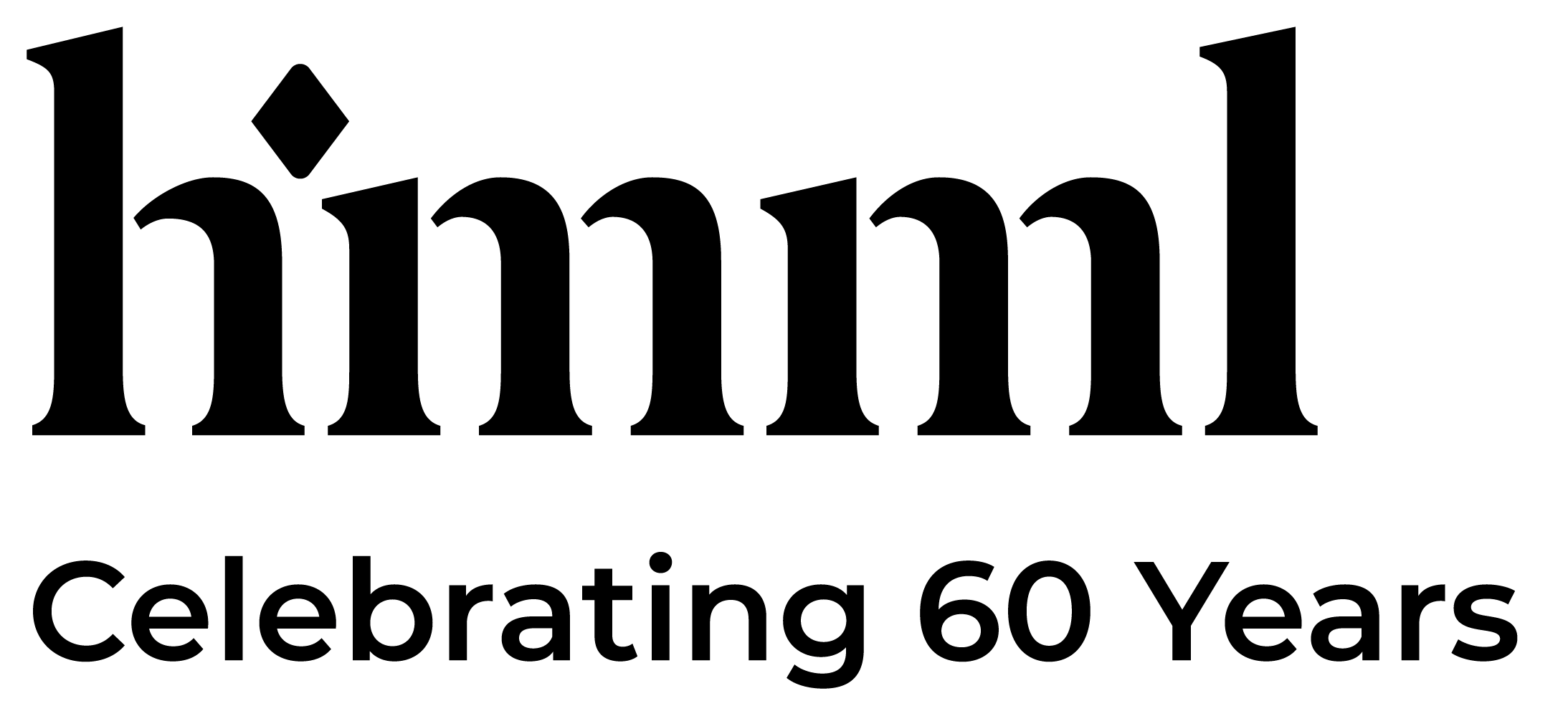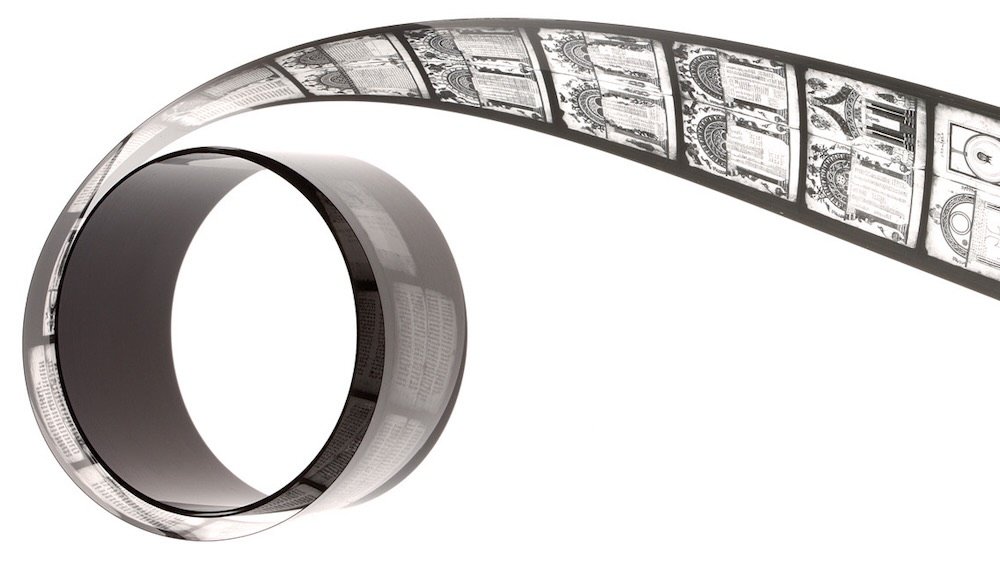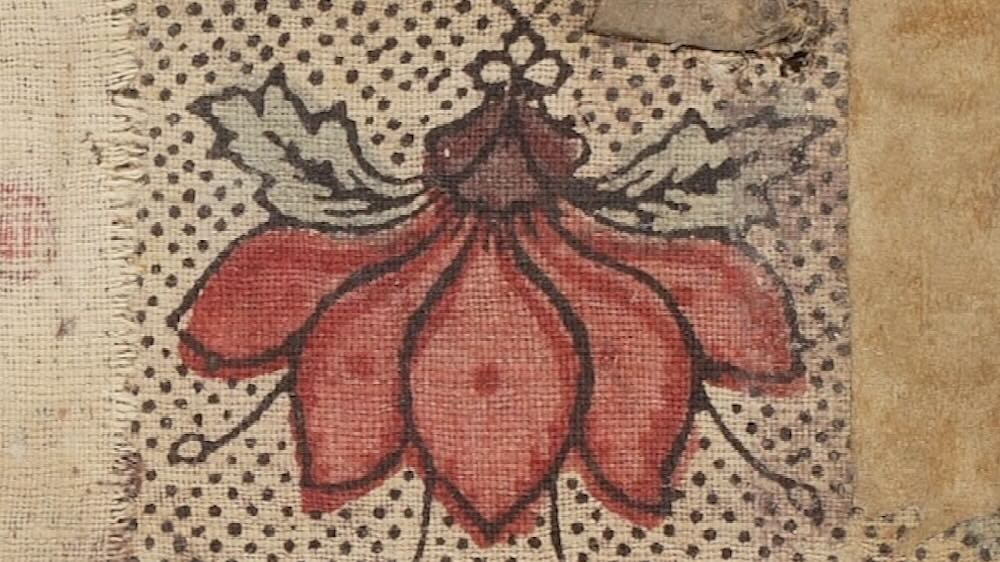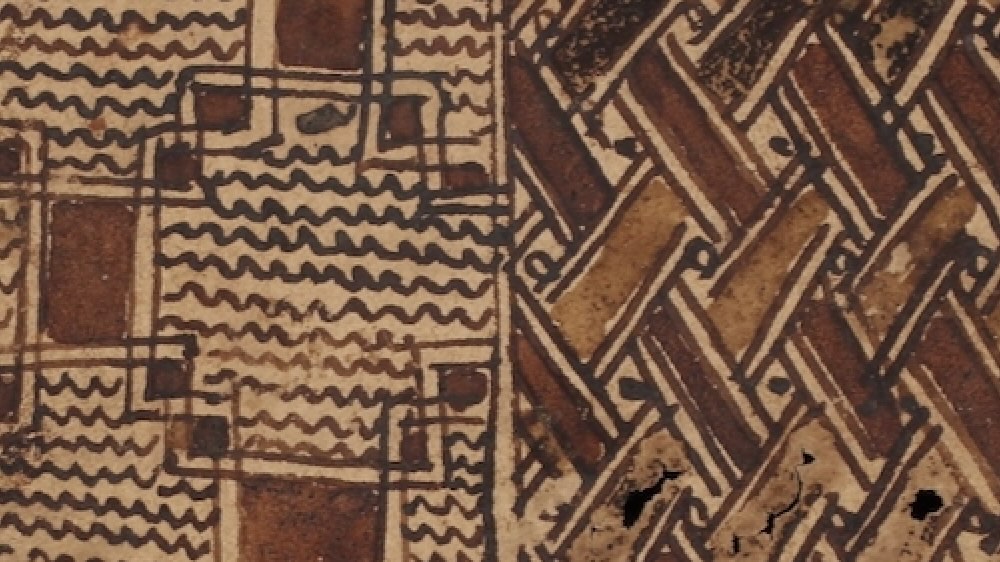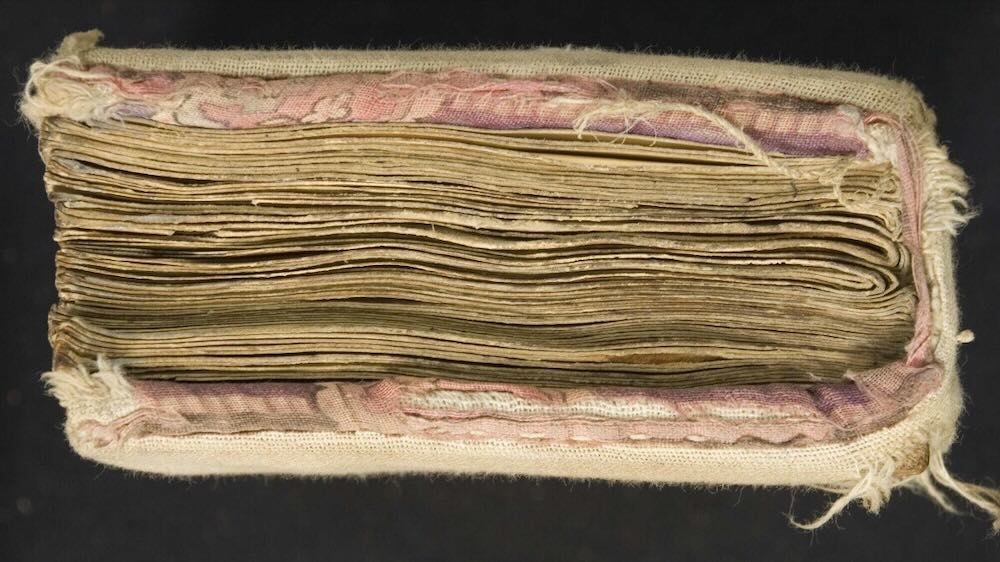The J.F. Hinnebusch Collection And The Writings Of Jacques De Vitry
The J.F. Hinnebusch Collection and the Writings of Jacques de Vitry
John Frederick Hinnebusch, born in Pittsburgh, Pennsylvania, in 1923, was the youngest in a family of ten children—seven of whom joined the Dominican Order (four friars and three sisters). Entering the Order in 1943, he was ordained in 1950 and completed an MA in medieval history at the Catholic University of America in Washington, DC.
After teaching history at Providence College, Rhode Island, Fr. John moved to Fribourg in Switzerland, where he was assigned to the Albertinum Priory while undertaking doctoral research at the University of Fribourg. In 1973, following the completion of his PhD in history, Fr. John published his doctoral work, a critical edition of Jacques de Vitry’s Historia Occidentalis (History of the West).
Jacques de Vitry was born in the Champagne region of France circa 1165. After studying theology in Paris, he became a noted preacher against heretics, wrote numerous model sermons, and was known for his involvement in the early Beguine movement of lay religious women (he was the confessor of St. Marie d’Oignies, considered the first Beguine).
Following the Fourth Lateran Council (1215) and Pope Innocent III’s focus on reform and the crusades, Jacques was appointed as Bishop of St. Jean d’Acre in the Holy Land (present-day Akko, Israel) and participated in the Fifth Crusade. These experiences led Jacques to write the Historia Hierosolymitana (History of Jerusalem), consisting of three books: Historia Orientalis (History of the East), focusing on the Holy Land; Historia Occidentalis, covering the state of affairs in the Latin Church; and a third book on recent crusade events, which remained unfinished at the time of his death in 1240.
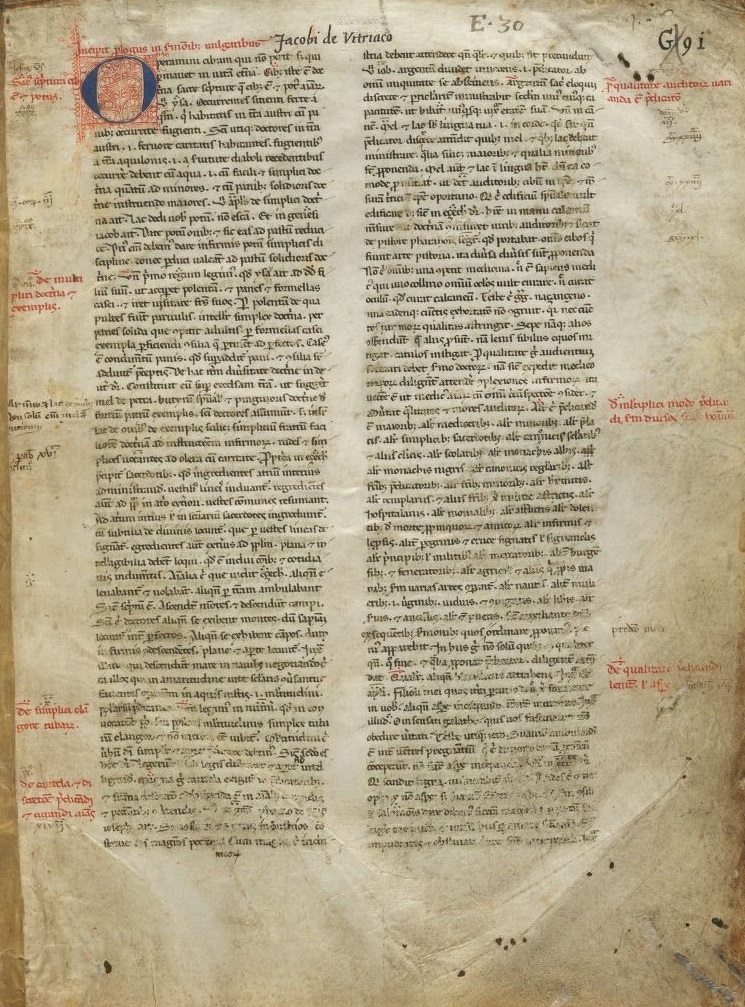
Fr. John, in the course of his doctoral research, assembled an impressive collection of microfilms of manuscripts held in libraries all over Europe and the US. These microfilms contain copies of Jacques de Vitry’s works, including his sermon collections, hagiography of Marie d’Oignies, and his Historia. In 1988, the Order called upon Fr. John to be the director of the American section of the Leonine Commission, tasked with creating a critical edition of the works of Thomas Aquinas. Upon taking this post, Fr. John kindly donated his entire microfilm collection—including his archive of research notes—to HMML. Fr. John F. Hinnebusch passed away in 2018.
I had the privilege, first as a Heckman Scholar during my own doctoral studies, and subsequently as a recipient of two Nicky B. Carpenter Fellowships, to work with the Hinnebusch Collection at HMML. My research has focused on Jacques’ Historia Orientalis, a book that offers fascinating insights into Western knowledge and perceptions of Islam and Eastern Christianity in the early 13th century. The text also sheds light on how a medieval author combined existing source material with personal knowledge and experiences and how, from the perspective of a preacher, a treatise was infused with polemics to serve the Church’s reform and crusade agenda.
The use of popular topics in Jacques’ writing appealed to a broad audience and contributed to his lasting legacy; almost 150 manuscripts of his Historia Orientalis survive. The influence and readership of this text can be studied by considering its relationship with other texts found alongside copies of Jacques’ work, as well as later authors who referenced or used his writings in different contexts, such as the Reformation or the Ottoman expansion.
For scholars, the Hinnebusch Collection is unique in making an almost complete set of extant manuscripts containing Jacques de Vitry’s texts available in a single place. Fr. John’s personal research notes are a treasure trove of information, allowing us, as it were, to discuss our findings with John F. Hinnebusch himself.
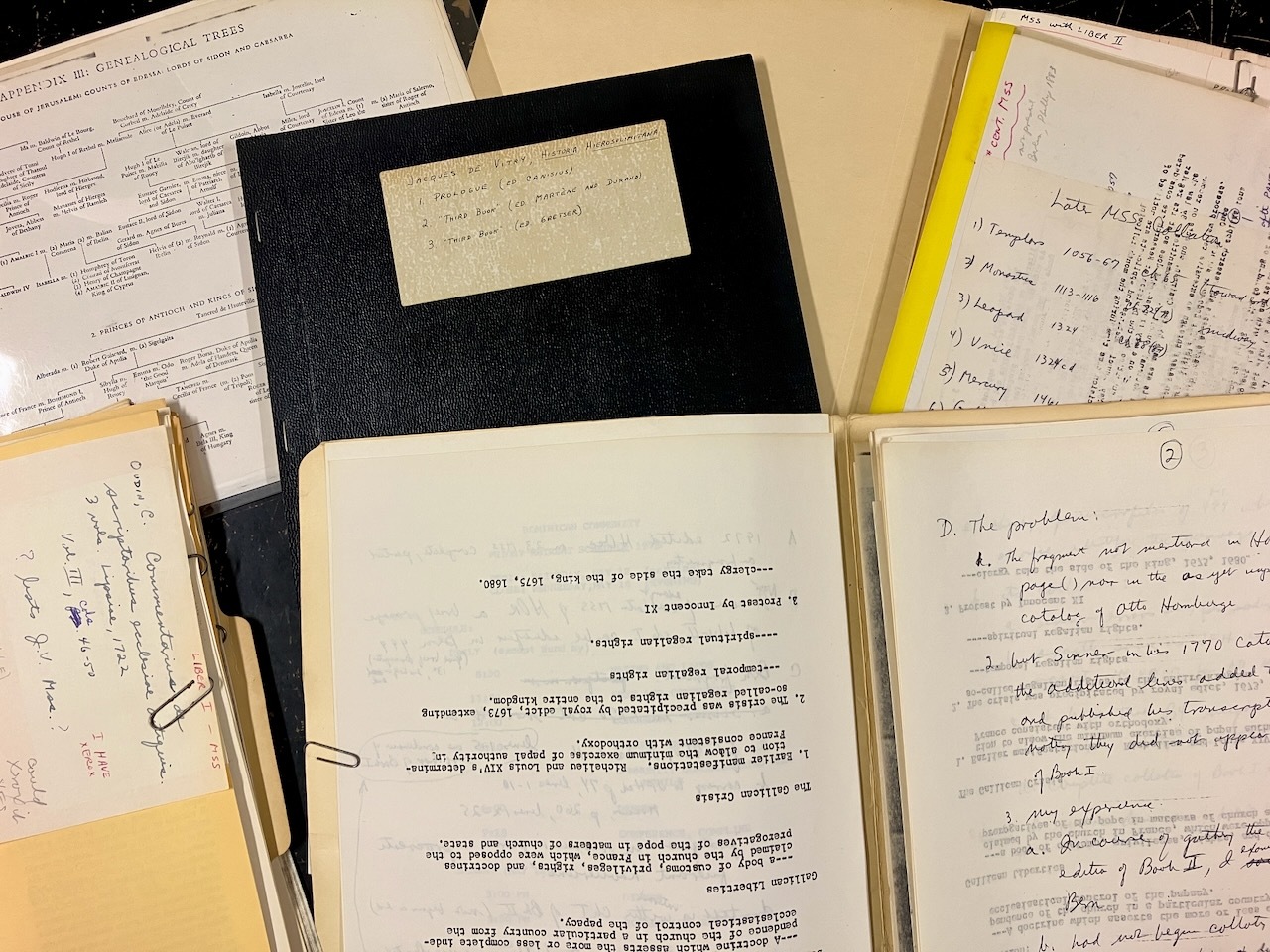
This story originally appeared in the Winter 2024 issue of HMML Magazine.
